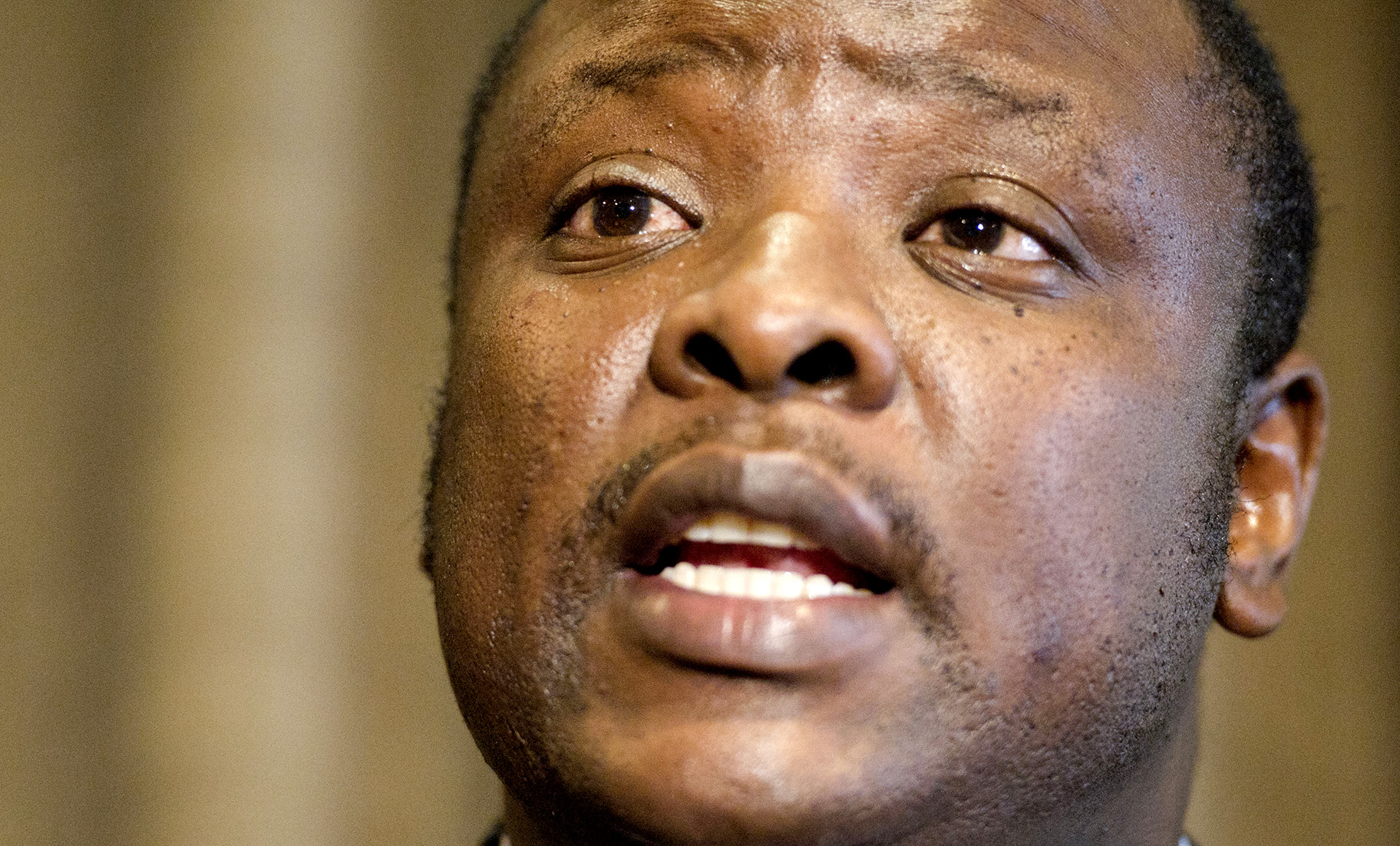Property mogul Roux Shabangu “continues to enjoy … a lavish and luxurious lifestyle” while not paying his tax obligations to the SA Revenue Service (SARS).
It remains “somewhat inexplicable” that Shabangu “has been able to finance and maintain such a lifestyle in circumstances where the source of his funds is unknown and undisclosed by him”.
These arguments, advanced by SARS at the Gauteng High Court in Pretoria, helped the tax collection agency secure provisional sequestration orders against Shabangu’s personal estate and the Roux Shabangu Family Trust.
Shabangu has until Monday, 25 November to convince the court why it shouldn’t turn the provisional sequestration orders into final ones. This would pave the way for his assets to be sold and the proceeds from the sale used to pay his tax debt. It also portends a liquidation process of his assets and those linked to his trust.
The provisional sequestration orders, granted by the court on Tuesday, 15 October, state that Shabangu owed SARS R1.3-million and his family trust owed R7-million.
The tax debt might seem negligible considering that Shabangu was once linked to multimillion-rand state tenders. In 2011, Shabangu was involved in a R520-million deal with the Department of Public Works to lease office space to the SA Police Service in Pretoria and Durban. The deal was controversial because it was considered pricey and the department could have built buildings from scratch for less. Shabangu denied any wrongdoing regarding his involvement in the deal.
In 2012, former Public Protector Thuli Madonsela found that the deal was “invalid,” “fatally flawed” and amounted to maladministration. This resulted in the suspension of former police commissioner Bheki Cele and the unseating of then public works minister Gwen Mahlangu-Nkabinde.
Read more: Madonsela finds maladministration, though no actual corruption – but cop buildings saga will go on
Since the controversy, Shabangu has plied his trade in SA’s property development space. Through JB Property Group, which he founded, Shabangu is involved in developing rural and township shopping malls and commercial properties.
Previous brush with SARS
Tax troubles have followed Shabangu for many years.
SARS has been trying to get Shabangu and his associated companies to pay tax debts since 2010. In that year, SARS slapped Shabangu with additional assessments of R6.4-million for unpaid VAT and income tax.
The provisional sequestration order granted by the High Court in Pretoria is the latest blow for the businessman. The court ruling also details that Shabangu snubbed previous attempts by SARS to recover tax debts.
Before the court ruling, Shabangu and his family trust were already the subject of a preservation order under a section of the Tax Administration Act. This order blocked Shabangu and the trust from selling assets without the approval of an appointed curator.
In his 17-page ruling, Judge Anthony Millar found that Shabangu and his family trust “simply ignored” the preservation order. “The blatant disregard for the preservation order is egregious and makes plain the necessity for the granting of an order for provisional sequestration,” ruled Millar.
Shabangu and his family trust did not dispute the tax debts and acknowledged that acts of insolvency had applied. They also argued that SARS should use the Tax Administration Act (TAA) to recover tax debts, instead of going the sequestration route in terms of the Insolvency Act, which would offer “no advantage to the creditors of Mr Shabangu or the Trust”.
However, Millar found that SARS had followed the TAA route, which “yielded no results” for the tax collection agency.
“It is the case for SARS that Mr Shabangu is in control of a complex corporate structure of which the trust is a part and that through this control, despite the non-payment of his debts, he continues to enjoy, what was argued, a lavish and luxurious lifestyle…
“Despite all his assets and those of the trust being placed under curatorship and SARS having squarely raised his lavish lifestyle in its founding papers, Mr Shabangu failed to deal with the allegations or to disclose the source of the funds from which his lifestyle is financed. SARS, for its part, set out steps taken by it in terms of the TAA to procure payment,” read Millar’s ruling.
SARS’ response
SARS has welcomed the court ruling, with the tax agency’s commissioner, Edward Kieswetter, saying that it held Shabangu accountable for his failure to pay outstanding taxes.
To evade accountability, said SARS, Shabangu and his associated entities attempted to submit for business rescue proceedings, a process designed to rehabilitate financially distressed businesses. In this process, claims for outstanding debt (including tax) are temporarily suspended while a business restructures its affairs.
SARS described the attempted business rescue process as a “dilatory tactic” to prevent the granting of an earlier preservation order. Eventually, the court granted the preservation order, set it aside, and terminated business rescue proceedings.
Kieswetter said: “Significantly, the sequestration order granted against the trust is of particular importance as it highlights SARS’ ongoing efforts to enforce tax compliance against discretionary trusts which have been commonly utilised as a vehicle to evade taxes. SARS will not waiver from its path to pursue all without fear, favour or prejudice.”
Shabangu’s legal representatives told Daily Maverick that the matter is still in the court, with a return date of 25 November. Shabangu cannot comment “until all legal processes are exhausted”. DM
Article updated to include comment from Shabangu’s legal representatives.





